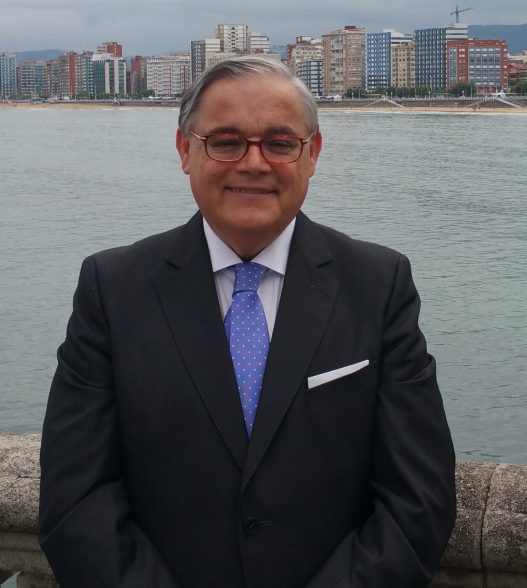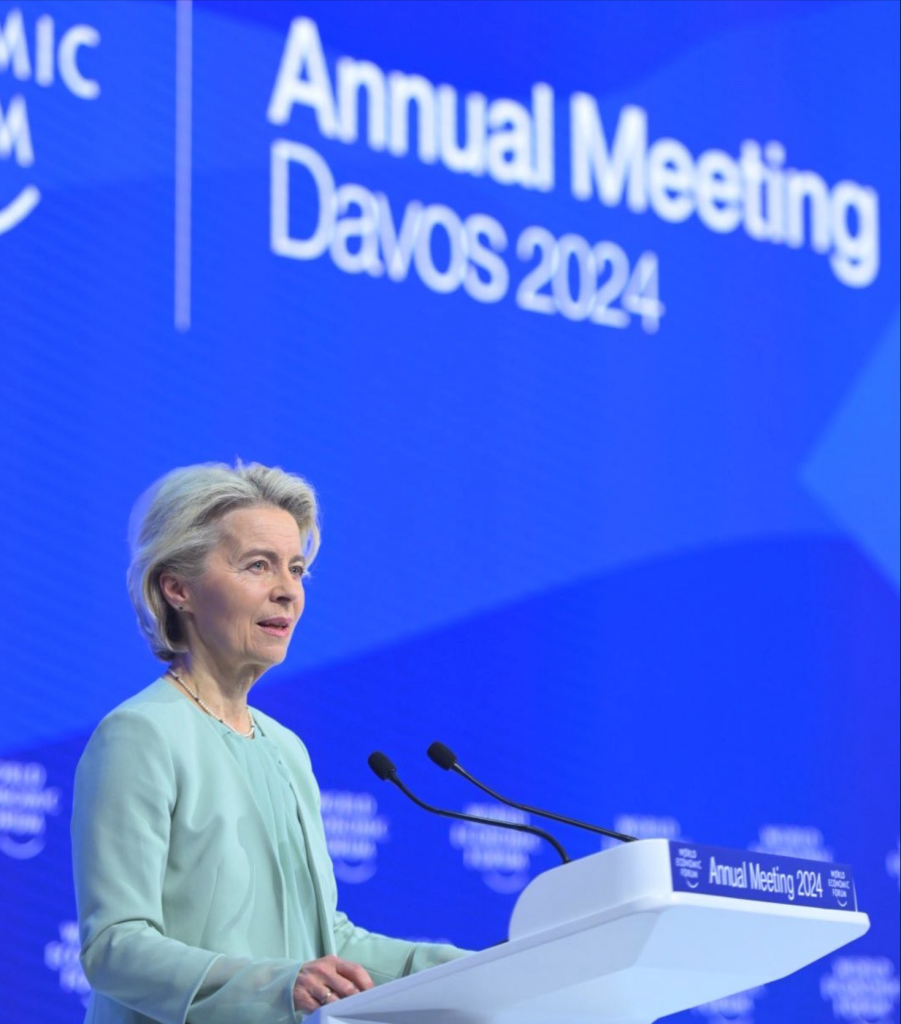ALBERTO BARCIELA
TWENTY-TWO YEARS AFTER CAMILO JOSÉ CELA

Today, as I write, January 17, it is 22 years since the death of Camilo José Cela. The word and prose were orphaned that day. The pantheons widen the pride of their conquest, inevitable. But we men gain the memory of another great and disproportionate, sometimes. Perhaps his tombstone (of stone), pierced with olive tree, will end up being metaphorical marble of gatherings, which will be poorer without the honey of knowing how to express a baggage of manhood that knew itself wise and rejoiced in the expression… Thousands of characters were left absent from his midwife without caesarean section. Cela did not give birth, he was relentlessly, by hand and with pain, unraveling his pregnancies of words.
With him passed away, a little, the Spanish that was Galician, or the Galician that loved Spain. Gone was the body that embodied the Marquis Cela, the man, for the writer resurrects in every paragraph. The bells of Iria Flavia rang, for which he did not give the hard that he did not have. Now he pays for them with the link to a priceless legacy of a Nobel, who was noble and Galician.
Cela remains, as I say, perhaps on the distant shelf, in the memory overflowing with filth or redoubling bacinillas with the Santa Compaña at Easter, there by the corredoiras near Iria.
Camilo was full of emotions, in naps with his fly wide open, but never in tears. As a whale in love beached in Marina, it was the definitive journey through the pleasures accompanied by the nap. All without any other explanation than an overwhelming personality, today incomprehensible in his censurable -he knew a lot about this- outbursts, perhaps macho, and a prodigious talent that allowed him to survive in his prestige, surviving.
Cela and Francisco Umbral (of whom now writes the great José María Besteiro, as before Cunqueiro) must be imagined together, in a Madrid cab, intermingling the world of words with brains and sex. Going like ghosts to the burial of any academic, which could not be any academic by definition of class, rank and even obituary.
I met Camilo José in an afternoon get-together with Emma Caneiro and Casilda, at the Foundation’s headquarters, after opening a half-door as a precaution, after asking for the lady and warning us that there was no lady there, while Marina, always attentive, was already peeking behind the servant. Then I realized that we had already found ourselves sitting on low boxwood benches, in Raxoi, in San Marcos, in the Hostal, with Fraga, Casares, Ónega and Beotas, chatting without censorship of life, of Duartes and beehives, now velutinas, perhaps celebrating the million pesetas of the Gallegos del Año that the brilliant and generous friend Feliciano Barrera granted him and that he did not want to collect. The lady solved it.
I have come to think that Cela is a versal exabrupto, a something of coffee with chicory, but without Valle, a poet turned novelist, journalist, essayist, editor of literary magazines, lecturer, collector … A Nobel of gas, sfumado kinship that unites him to the ethereal of all academics recognized by other academics, Prince of Asturias and atavistic king of Flavia, Marquis with Pedrón on peppers on the shield, and stamina. A trip on the Sarita with return to merit.
He, the writer, was right, “death is a bitter pirouette of which the dead do not remember, but the living”. It is necessary to honor his wounded memory evoking his real world, because in this human, accessible, understandable facet, the man and the writer, this unattainable one, are mixed to fulfill together twenty-two years of a trip that was not to the Alcarria.
“He who resists wins”, was his motto. He remains in his work.
————
Alberto Barciela, Spanish journalist, vice-president of EditoRed.



